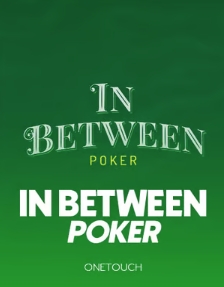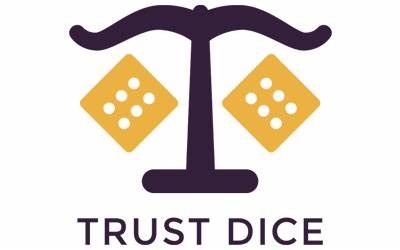











Introduction
Poker, as a global entertainment activity, has become deeply ingrained in modern social and entertainment culture. From casual gatherings to professional tournaments, poker is not just a simple card game; it is a complex art that requires skill, psychological tactics, and strategic thinking. In recent years, the popularity of poker has grown exponentially, not only in traditional casinos but also through online platforms and mobile applications, bringing unprecedented influence to the game. For many, poker is more than just a form of entertainment—it is an intellectual challenge and a test of social skills that sharpens players’ analytical abilities, probability judgment, and emotional control.
How to Play Poker
The basic rules of poker may seem simple, but mastering the game requires deep understanding and refined skills. The game usually starts with dealing the cards, where players receive a certain number of cards and must make strategic decisions based on the game type and specific rules. The dealing process is entirely random, meaning each player receives a unique starting hand. Players need to learn how to manage their hands—deciding which cards to keep, which to discard, and how to make the best decisions based on the current hand.
The paytable plays a crucial role in poker games. It outlines the payout ratios for different hand rankings, helping players understand the potential returns of each combination. For example, in the popular game Jacks or Better, a royal flush typically offers the highest payout, while lower-ranked hands have relatively smaller payouts. Understanding and familiarizing oneself with the paytable is a key step in improving gameplay skills.
Types of Poker Games
- Jacks or Better – One of the most classic video poker games, where players need at least a pair of Jacks to receive a payout. The rules are straightforward, making it ideal for beginners.
- Deuces Wild – In this variant, all twos (2s) act as wild cards, significantly increasing the chances of forming high-ranking hands but also altering the traditional payout structure.
- Pick’em Poker – A unique version where players select from a limited number of cards, simplifying the decision-making process.
- Double Bonus Poker – This version offers additional bonuses for specific four-of-a-kind hands, providing players with more strategic choices.
- Double Double Bonus Poker – An enhanced version of Double Bonus Poker that further increases payouts for specific four-of-a-kind hands, making the game even more exciting.
Overview of Poker Strategies
Successful poker players must develop an extremely sophisticated psychological control system. At the core of this system is overcoming the most destructive opponent of human nature—irrational emotions. In high-pressure gaming environments, maintaining absolute rationality is the key to long-term success.
The complexity of emotional management lies in balancing two seemingly contradictory demands: maintaining passion while staying composed. Players must be passionate about the game while analyzing each decision with the rationality of a mathematician. Achieving this balance requires long-term training and self-discipline.
- Every decision must be based on calm probability analysis.
- Letting go of emotional attachment to individual wins and losses.
- Maintaining a constant focus on long-term expected value.
- Strictly adhering to pre-set bankroll management strategies.
The Strategic Wisdom of Bankroll Management
Bankroll management is one of the most underestimated skills in poker. It is not just about controlling the amount of money wagered but also a sophisticated art of risk management. Skilled players treat bankroll management as a dynamic mathematical model, continuously adjusting their strategy based on real-time data.
- Strictly limiting the amount of a single bet relative to the total bankroll.
- Establishing clear stop-loss and take-profit mechanisms.
- Dynamically adjusting betting strategies according to game progress.
- Continuously tracking and analyzing long-term win/loss trends.
The Mobile Poker Experience
With the rapid development of mobile technology, poker is no longer confined to traditional casinos. An increasing number of online platforms and mobile applications offer a variety of poker games, allowing players to enjoy this exciting entertainment anytime, anywhere. Some platforms even support cryptocurrency payments.
When choosing a mobile poker game, it is recommended to consider factors such as game smoothness, graphics quality, and payment security to ensure an optimal gaming experience.






